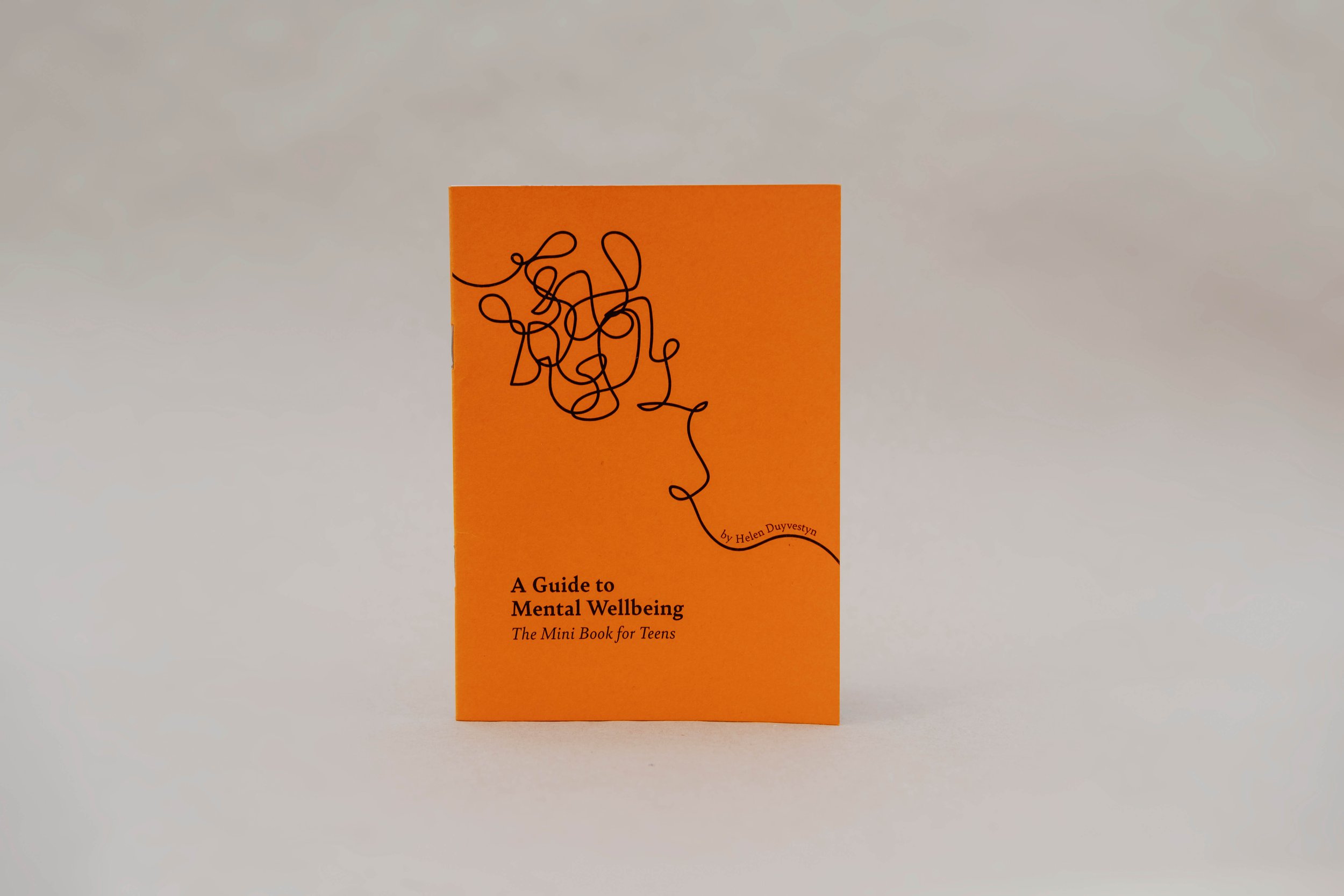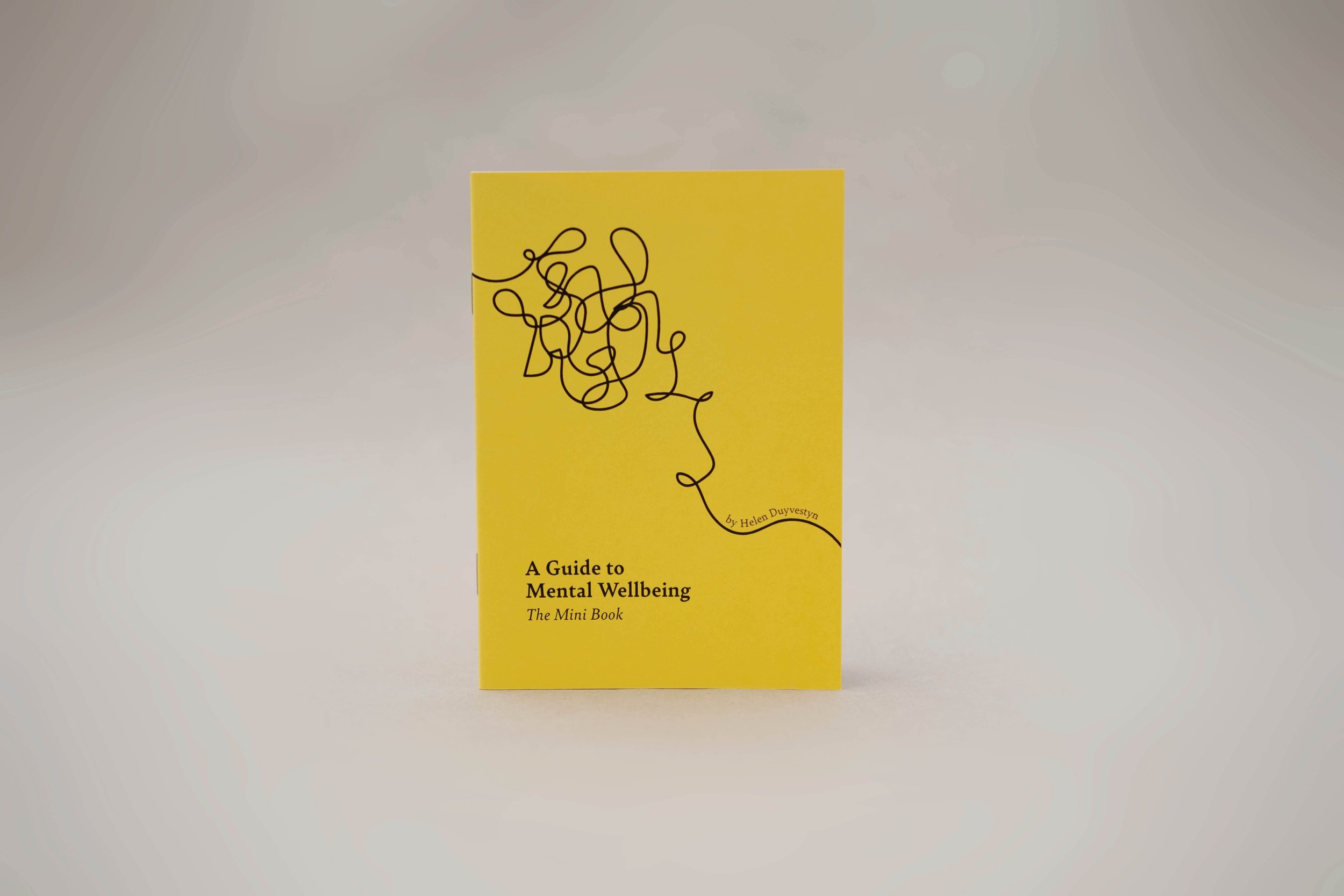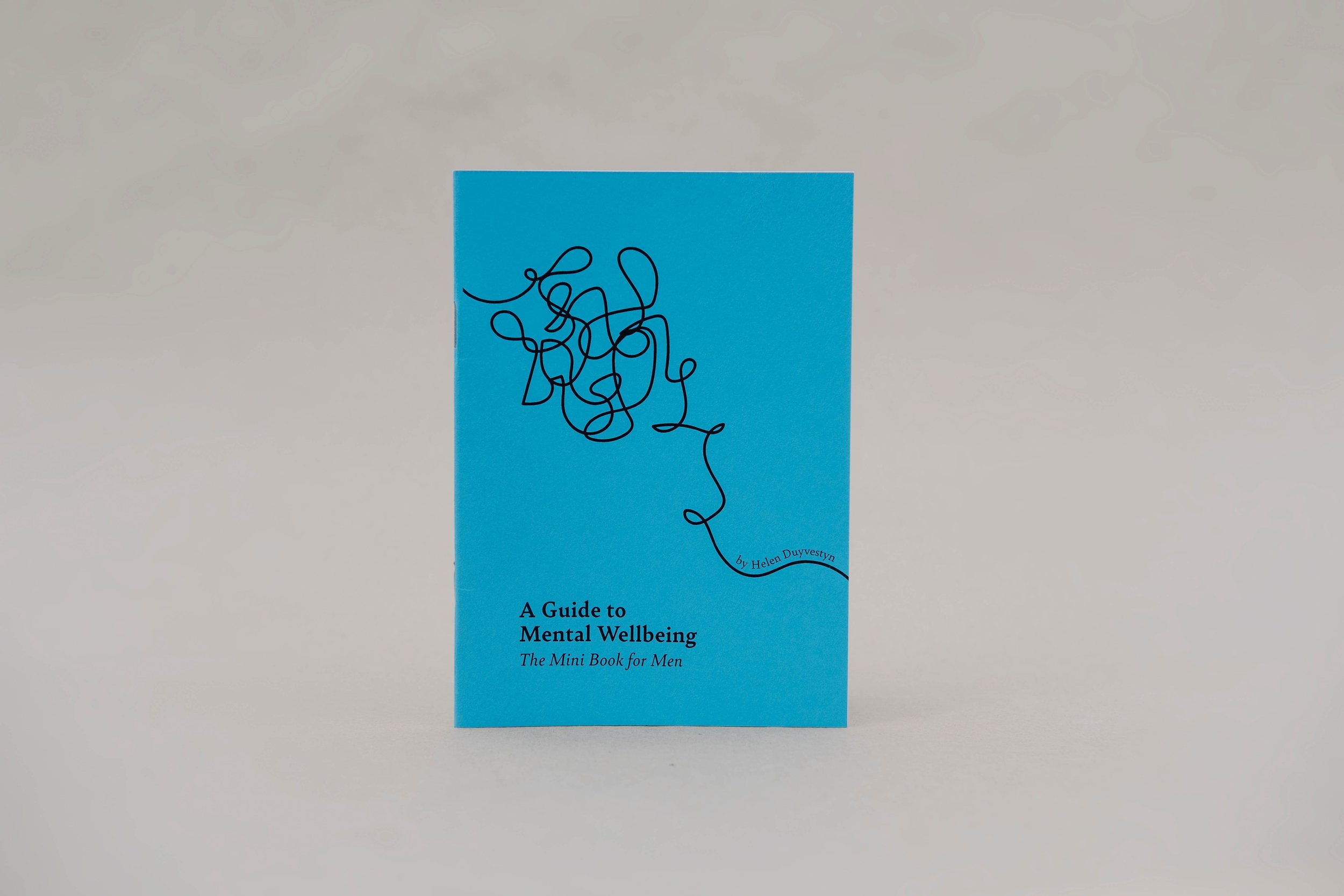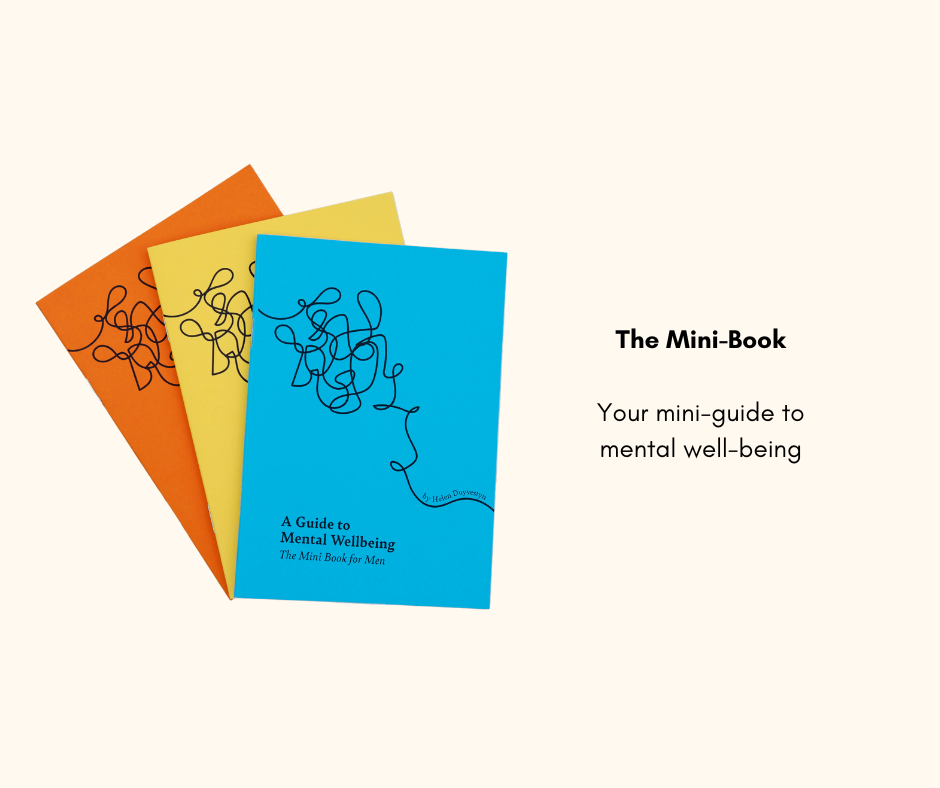Six ways to Improve your mood
Six ways to Improve your mood
We all experience mood changes from time to time. But some of us can get a little stuck and our moods can become a constant experience of feeling anxious or depressed.
It’s an uncomfortable experience - but have you ever wondered why we become depressed or anxious?
Why we become anxious or depressed
Believe it or not, there is a suggestion that it is in our best interest to feel this way at times.
Our human brain is naturally wired to seek the 'bad' or negative in circumstances – as a life-saving strategy. In historical times, for example, it was more conducive to assume that the noise in the bush was a lion rather than a bird - assuming it was a bird and no cause for alarm may have led to us experiencing our last few moments on earth.
The brain is constantly scanning for what might endanger us, sifting through the past to ensure we don't repeat mistakes that cause us pain (physical or otherwise) and attempting to predict the future (otherwise known as 'worry') to save us from entering into a dangerous situation.
Better to think the noise in the bush is a lion rather than a bird
However, this way of thinking doesn't always serve us well in the modern world. An overactive mind can contribute to a chronic state of depression or anxiety.
Retraining our brain for better mental well-being
We may think that there is not a lot we can do about our happiness 'state' (ie that we are either happy or unhappy), however Sonya Lyubomirsky, (author and researcher on the subject of 'happiness') suggests that although 50 per cent of happiness is genetically predetermined, a whole 40% is up to your outlook or take on your circumstances. Which leaves only 10% of what life has thrown at you. So despite your 'lot' in life – you are able to vary your happiness level by about 40%!
We can consciously divert our attention and spend less time focusing on the negative experiences of our past or worrying about our future. Because ‘what fires together wires together,’ this retraining can result in rewiring our neural connections - resulting in new pathways and encouraging our minds to hone in on the pleasurable experiences we encounter. This can help to ensure we are giving ourselves the best chance at happiness.
Exercises to improve your mood
Finding joy for better mental well-being
Firstly, it helps to identify what happiness or joy means to you. This is often not what we think. True happiness is generally a feeling of deep contentment and is not usually related to short bursts of pleasure. Happiness values may be based on feeling love/connection with others, a feeling or sense of abundance. It may be having authentic pride or a sense of progress towards mastery or achieving a goal. Identifying what happiness means to you helps you to make these things a priority in your life. They can be as simple as seeing the sunset, learning a new skill or spending time with a new niece or nephew.
An exercise to help with this is to write down ten things that give you pleasure or joy. When you have done this, look at the list and think about how often you actually do these things. These are things you can prioritise in your life to support increasing your happiness quotient. Add these in your life daily or weekly as appropriate.
Finding joy and giving thanks for everyday things
Gratitude for mental well-being
An attitude of gratitude has been shown to improve health and happiness for individuals. A simple exercise that has been proven to improve mental well-being involves spending some time each day finding 'three good things' to be thankful for. You can do this at any time of the day – but it's a lovely task to do at night before you go to sleep. To enhance its impact, write these three things down, or share them with a partner. This exercise has been shown to have long term consequences on health and well-being. It helps to retrain your brain to focus on the positive rather than the negative events of your life.
Mindfulness for improving mood
Mindfulness, being in the moment, not dwelling on the past or worrying about the future but bringing your mind repeatedly to the present moment is one way of reducing the tendency of the mind to flit between the past and the future. Having a sense of awareness – of 'now' and being present and paying attention to the little details can greatly enhance one's sense of well-being. Mindfulness can also allow us to observe our emotions and feelings as they come and go – without getting caught up in the story of it all.
Smiling for mood-lifting
Research suggests that our brains don't know when we are faking a smile from the real thing. Putting a small smile on your face – even when you don't feel like it – can promote feelings of happiness. Studies have shown that people who have received Botox thereby reducing their ability to frown – actually feel happier. Smiling is of course infectious and contagious – smiling is likely to lead to being smiled back at – which is likely to lead to more of a smile from yourself – even if you didn't really feel like it in the first place. It’s important not to think of this as a forced smile - but simply allowing your face to form a gentle smile despite how you might feel.
Smiling, even when we don’t feel like it - has been shown to improve mood.
Flow State For Mental well-being
One of the other behaviours that is associated with happy states is experiencing flow. This involves taking part in an activity that involves practising mastery. This is why hobbies can be so satisfying. Ideally, it would be great if we could experience this in our everyday work life. Flow occurs when you participate in something that is slightly above your level – something challenging enough so you don't get bored and not so difficult that you become disheartened. We tend to get 'lost' in these activities, time passes at an extraordinary rate – flow brings us great joy and satisfaction.
Compassion For Our Mental Health
An overriding principle with all the above activities and to support yourself and your happiness levels is practising self-compassion. Treat yourself as you would a good friend who is having a difficult time. Having self-compassion and a bit of understanding of our own fragility is the kindest thing we can do and helps us to realise that we are all human, we are all imperfect and we all make mistakes.
Developing Self-Compassion
Like all things, practice makes perfect. The more you integrate these things into your life, the more they will become a natural habit. You will find yourself automatically noticing the little things in life that give you joy, smiling naturally even though you may not 'feel like it', making choices in your life that align with your happiness values or simply living in the moment.
If you are interested in having some of these exercises in a handy format - consider purchasing the Mini-Book - which contains most of these exercises. You can purchase your very own Mini-Book here.
Helen is a registered nurse, specialising in mental health from a holistic perspective. She is passionate about supporting people to have optimal mental health and well-being.
Based in New Zealand, Helen is available for speaking, education sessions and one on one appointments.








